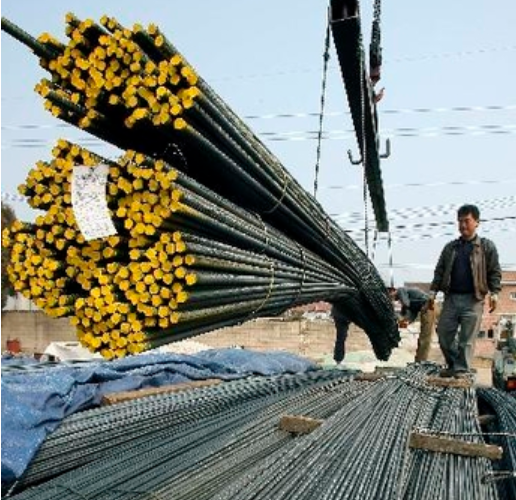Input 2021.01.26 12:00
These companies have been fictitious by secretly sharing information by secretly gathering over 150 practitioners in the Yeongnam and Gyeongin areas, which are the factory locations. They used a pseudonym when making a meeting reservation so that the facts of collusion were not exposed to the outside, and did not inform the company’s superiors. They also banned the use of corporate cards and paid for meals with cash.

According to the Fair Trade Commission, these seven steelmakers agreed to the extent and timing of changes, such as raising and lowering the purchase price of iron scrap, for about eight years from 2010 to 2018, and implemented them. They organized meetings of working-level workers in the Yeongnam and Gyeongin areas for each factory location to exchange important information and collusion, which was held 120 times in the Yeongnam area and 35 times in the Gyeongin area, for a total of 155 times.

Make it and sell it. Steelmakers purchase iron scrap after paying the purchase price plus incentives and transportation costs to the internally determined base price for iron scrap purchase. The reason why these steelmakers settled on the steel scrap purchase price was that due to the characteristics of the steel scrap market, where the purchase price was fierce due to excessive demand, if even one steelmaker raised the purchase base price, there was a high possibility that a competitive price hike would be triggered as a result of a volume shift. Because.
The scale of the penalty for this case is the fourth largest in the history of the FTC. It follows the 2016 Qualcomm case (1.3 trillion won), six LPG suppliers collusion in 2010 (668.9 billion won), and 28 construction companies related to Honam High Speed Railroad (347.8 billion won) in 2014. An official from the Fair Trade Commission said, “The scale of the penalty is the fourth largest in history and the third level in the history of collusion alone. It is judged as the largest penalty imposition of the current government.”
The Fair Trade Commission announced that it plans to make a decision through additional deliberation by the Committee on matters such as eligibility for the accused, and announce it separately. An official from the FTC said, “The resolution of the corrective action has already been sent and some public announcements have been made, so administrative sanctions have been announced, but the accusations must be covered more carefully.” The results of the review will also be announced separately.”
